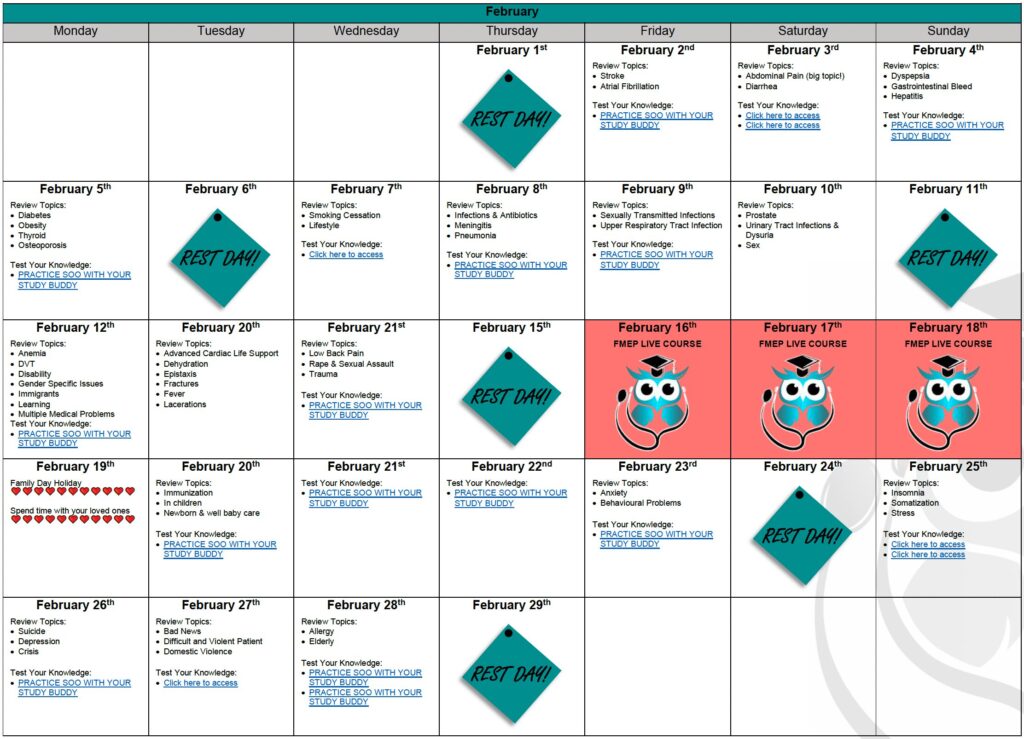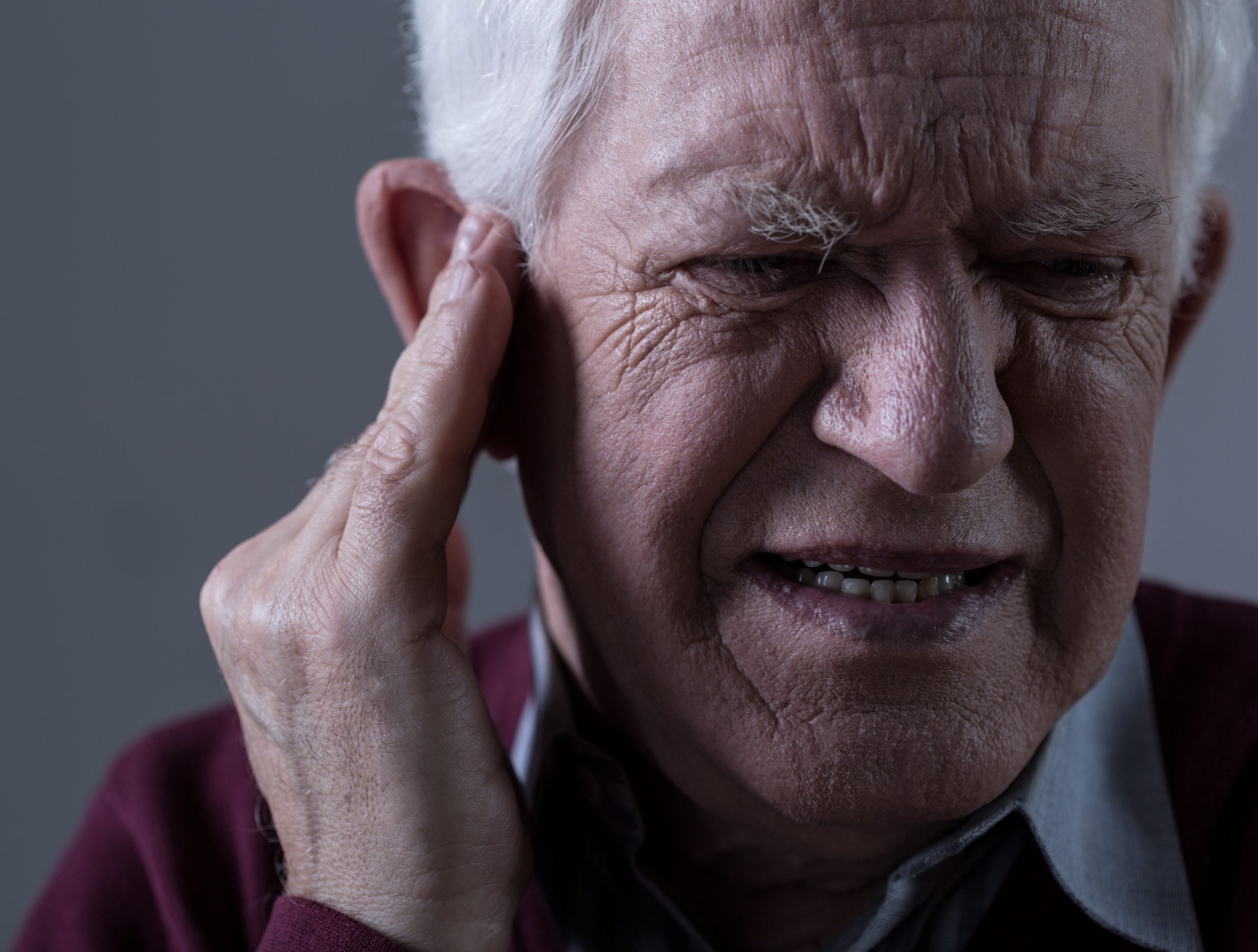
YOUR DETAILED CCFP EXAM STUDY CALENDAR: BE PREPARED!
The CCFP exam is quickly approaching. We know you are juggling many personal and professional...
Comments Off on YOUR DETAILED CCFP EXAM STUDY CALENDAR: BE PREPARED!
Just a reminder… pay attention to the questions. Here are our general tips one more time:
1. Pay attention to the questions. Look carefully at how many items you are being asked to list. If the question asks for five items, you will not get more marks if you list eight items; the examiner will look at the first five and allocate marks only for the first five answers – so be careful. On a SAMP, if it is not clearly stated how many items you should list, look at the amount of points/marks being allocated for the question to get an idea of how many answers the examiner may be anticipating you write down.
2. Do not write lengthy answers. Most questions can be answered in 10 words or less!
3. Be specific when writing down investigations (hemoglobin instead of CBC; CT abdomen instead of CT).
4. Remember that trade names and generic names are both acceptable when writing down medications.
5. For more helpful tips, you can refer to CCFP’s SAMP instructions by clicking here.
SAMP
A 78-year-old male presents to you with a loud ringing sensation in his ear. His past medical history is significant for type 2 diabetes for 30 years, hyperlipidemia, and hypertension. He has a 30-pack-year smoking history. He drinks 14 beers per week. He used to work as a construction worker for the MTO and seldom used hearing protection as “that’s not what we did back in the day.†(20 points)
1. What is tinnitus? (1 point)
2. List five differential diagnoses for tinnitus. (5 points)
3. List two classes of medication that can precipitate tinnitus. (2 points)
4. On history, what associated symptoms would you want to ask about to help narrow down your diagnosis? List three. (3 points)
5. What is one of the most common exposures that can precipitate tinnitus? (1 point)
6. List two specialized tests that can be ordered for tinnitus? (2 points)
7. What are three causes for pulsatile tinnitus? (3 points)
8. What are three non-pharmacologic management options for tinnitus? (3 points)